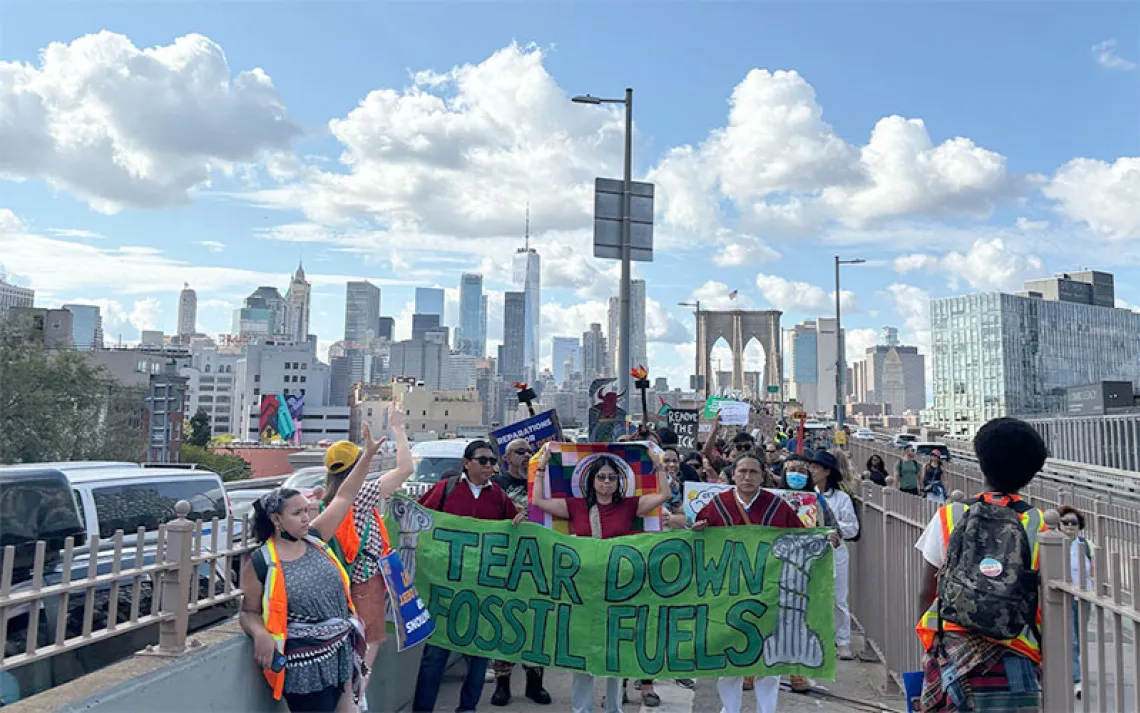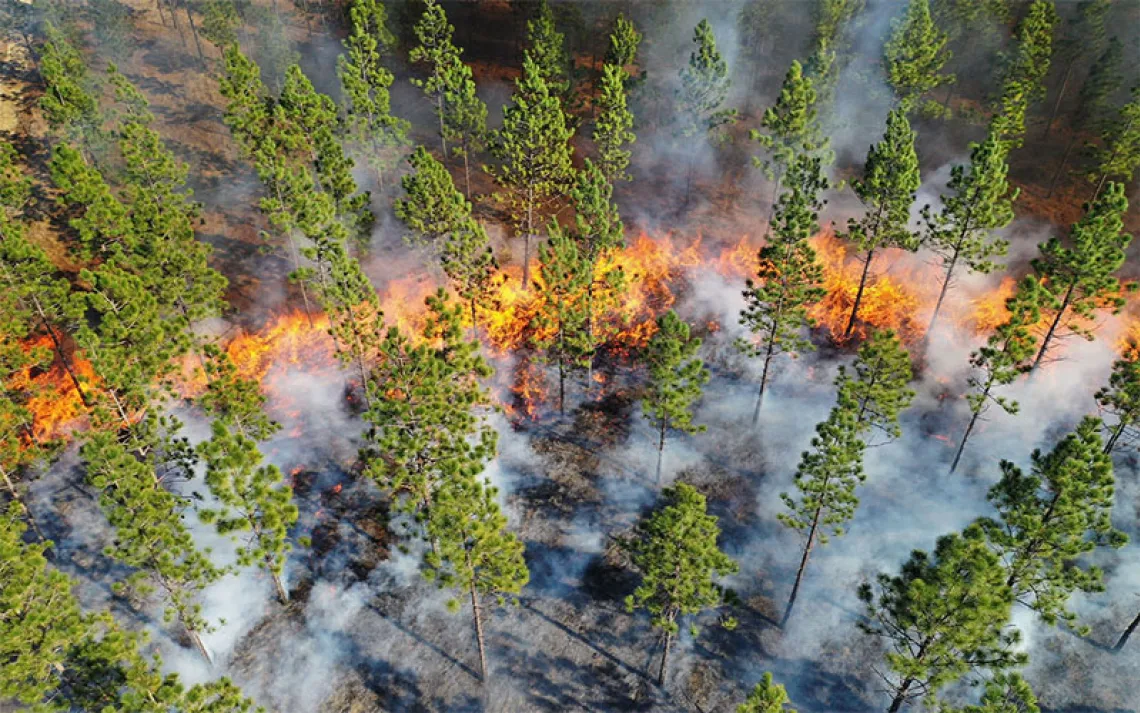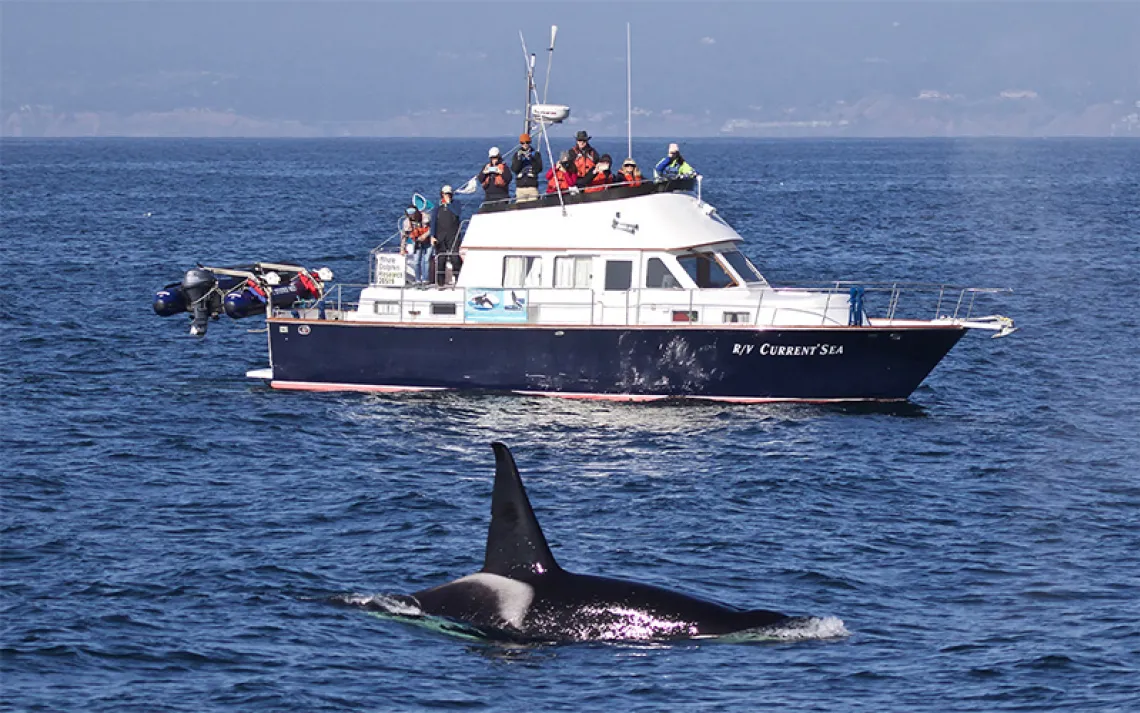ICYMI: Environmental News Roundup
All the environmental news you missed in the past two months

Illustrations by Peter Arkle
2015 is the hottest year on record.
The United Nations climate conference in Paris ends with a historic agreement by 195 countries to achieve net-zero greenhouse gas emissions in the second half of the century; to hold any future temperature rise well below 2°C; to support the poorest countries with adaptation and climate finance; and to increase transparency to ensure that the commitments are kept.
China ends its policy limiting families to one child.
The National Bureau of Economic Research says that expected warmer temperatures may lead to diminished "coital frequency," resulting in lower birth rates.

A biotoxin linked to warmer ocean temperatures closes the crab season in California.
In a political horse trade, Congress ends the 40-year-old ban on exporting U.S. crude oil but extends tax credits for wind and solar power production.
The United Kingdom aims to shutter its coal-fired power plants by 2025.
After years of decline, monarch butterfly numbers are estimated to have tripled or quadrupled, thanks to conservation efforts in the United States, Canada, and Mexico.

The National Institutes of Health ends its chimpanzee research program and sends its last 50 chimps to live out their lives in sanctuaries.
New Canadian prime minister Justin Trudeau bans oil tankers from northern British Columbia, likely scuttling plans for the proposed Northern Gateway pipeline that would have transported tar sands oil.
Alberta's new premier, Rachel Notley, announces plans to transition the province's energy supply to renewable sources and to cap emissions from tar sands.
Worldwide, fewer people are killed by sharks in 2015 than by selfie sticks.
Statoil, Norway's state oil company, follows Shell Oil in abandoning plans to drill in Arctic waters.
A natural gas storage well in Southern California is leaking 40 to 64 tons of methane an hour. The leak of this potent greenhouse gas could continue for months, making it California's largest single contributor to climate change.
The number of electric vehicles worldwide hits 1 million.

Wind farms in Texas generate so much energy that some companies are offering free electricity at night.
A new species of Galápagos giant tortoise is discovered on the island of Santa Cruz.
 The Magazine of The Sierra Club
The Magazine of The Sierra Club



